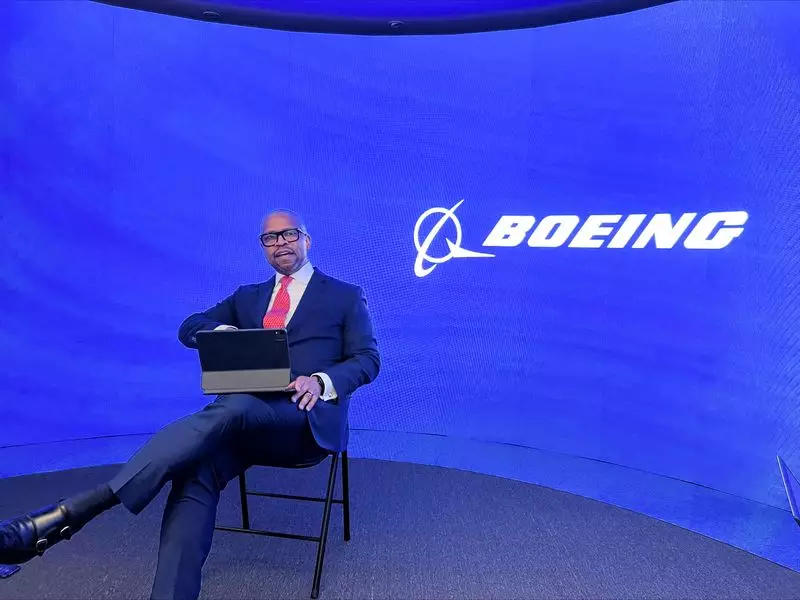In a bold move to reinvigorate its troubled space and defense operations, Boeing’s new CEO Kelly Ortberg has announced the immediate departure of Ted Colbert, the head of the unit. This shift in leadership marks a significant turning point amid growing challenges and operational setbacks that have plagued the aerospace giant. The decision reflects Ortberg’s commitment to transforming Boeing’s corporate culture and operational practices in an increasingly competitive landscape. Steve Parker, previously the chief operating officer (COO), has taken the reins in the interim, signaling a push for internal continuity as the company strives to restore its battered reputation.
Boeing’s space sector has faced scrutiny following NASA’s recent decision to return the Starliner capsule to Earth without a crew. This incident, a culmination of a series of operational missteps, has cost Boeing approximately $1.6 billion since the project’s inception in 2016, exposing the company to criticisms over its project management and execution. Ortberg, in his communication to employees, emphasized the urgency of regaining customer trust and meeting the rigorous standards expected by clients who rely on Boeing’s products for critical missions worldwide. Such high stakes reflect the expectations of not only current customers but also future contenders in the aerospace market who monitor Boeing’s recovery closely.
The challenges facing Boeing do not end with leadership changes or operational setbacks. The company has initiated plans to furlough thousands of white-collar employees to contain costs amid a strike involving more than 32,000 workers. Financial pressures are mounting, with notable incidents such as a recent mid-air emergency involving a new 737 MAX 9, which occurred due to the absence of essential bolts. These problems illustrate a troubling trend of oversights that Boeing must address if it hopes to fortify its market position. Financial analysts have been closely following Boeing’s stock, which experienced a drop of around 1% on the announcement of Colbert’s departure, contributing to an alarming 41% decrease in share value for the year.
Steve Parker’s ascension to a more prominent leadership role comes with the weight of responsibility; expectations are high for him to leverage his previous experience managing Boeing’s bomber and fighter programs. In Ortberg’s vision, he aims to restore Boeing’s once-well-regarded reputation for program management excellence. The intensity of competition in the aerospace sector creates additional pressure for leadership to not only innovate but also provide rigorous oversight for projects that require precision and accountability. Ortberg has also hinted at examining the necessary investments critical for maintaining Boeing’s competitive edge, drawing attention to the engineering obstacles that hinder productivity.
An underlying issue for Boeing has been its reliance on fixed-price contracts, which, while potentially lucrative, expose the company to inflationary risks. Over recent years, executives have attributed billions of dollars in losses in the defense, space, and security sectors to these pressures. The company has also faced difficulties delivering two modified 747-8s, designated for Air Force One, further underscoring the operational strains exacerbated by mismanagement and cost overruns. As it navigates through this turbulent period, Boeing’s long-term viability may hinge on addressing these systemic issues and applying lessons learned from both successes and failures of past projects.
The departure of Ted Colbert signifies a notable shift within Boeing’s leadership and strategic direction. With new challenges arise from shifting industry expectations, budget constraints, and operational pitfalls, it is imperative that Boeing implements a cohesive strategy focused on quality, accountability, and innovation. Ortberg’s leadership will be crucial during this pivotal moment, as he seeks to restore Boeing’s legacy as a leader in aerospace while building a resilient operational foundation for the future. The observant eyes of stakeholders, from employees to shareholders, are upon Boeing as it embarks on this journey towards recovery and growth amid adversity.

